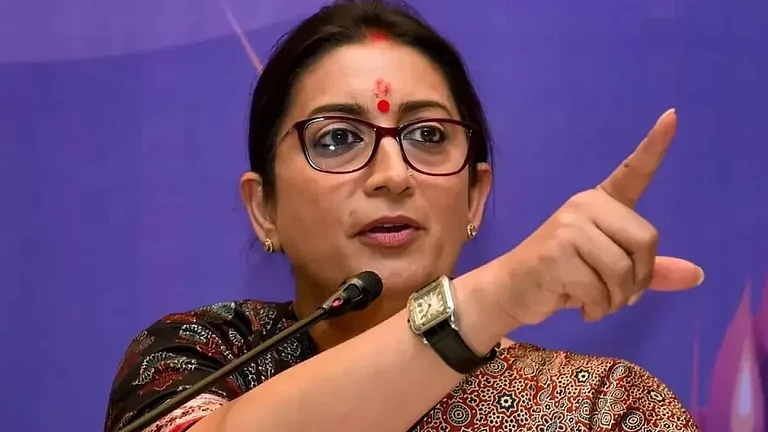Women occupy only 5.8% of the 1,314 board seats across 116 unicorns. This signals Indian unicorns continued efforts to bridge the gender gap in boardrooms. At the company level, 56 out of 116 unicorns (48%) had at least one woman director on their board, while just 13 (11%) of them had more than one woman director, as per a report by financial research platform PrivateCircle Research.
This starkly contrasts with the broader corporate landscape in India, where women held 18.3% of board seats in 2023. Globally, the average stood at 23.3% as per Deloitte’s “Women in the Boardroom: A Global Perspective” report.
“It has been long established that companies with more diverse boards tend to perform better financially,” says Murali Loganathan, Director of Research at PrivateCircle Research.
McKinsey’s 2023 “Diversity Matters Even More” report also found that companies with more diverse boards tend to achieve stronger financial performance. Specifically, those in the top quartile for gender diversity on their boards are 27% more likely to outperform financially compared to those in the bottom quartile.
Interestingly, the finance sector led in female board representation with 16 women directors, followed by software, retail, insurance, travel & hospitality, and emerging technology, indicating varying progress across industries.
Several companies, including MapmyIndia, Incred, MobiKwik, PolicyBazaar, Nykaa, Zomato, and Fractal Analytics, lead in board diversity with three women directors each.
Meanwhile, Deepika Loganathan, co-founder and CEO of HaiVE AI, told Outlook Business earlier in 2024 that securing funding in India is particularly challenging for women, often making entrepreneurship seem like an unattainable goal. She is not alone in facing gender bias.
Despite India's position as the third-largest start-up ecosystem globally, women entrepreneurs continue to face challenges in getting funding. In a country where gender discrimination persists, overcoming societal barriers to pursue entrepreneurship is daunting. Experiencing gender bias when it comes to funding is yet another hurdle in the lonely struggle to make a mark in the professional world.
A detailed analysis suggests that the number of women-founded start-ups has been declining for a decade; the current ratio of men-led tech start-ups and women-led tech start-ups stands at 245:1, which used to be 51:1 back in 2014.
Similarly, according to the March 2024 Deloitte’s report, female representation in boardrooms has increased by 3.6% since 2022 and the projected timeline for achieving gender parity has also shortened by seven years.
































